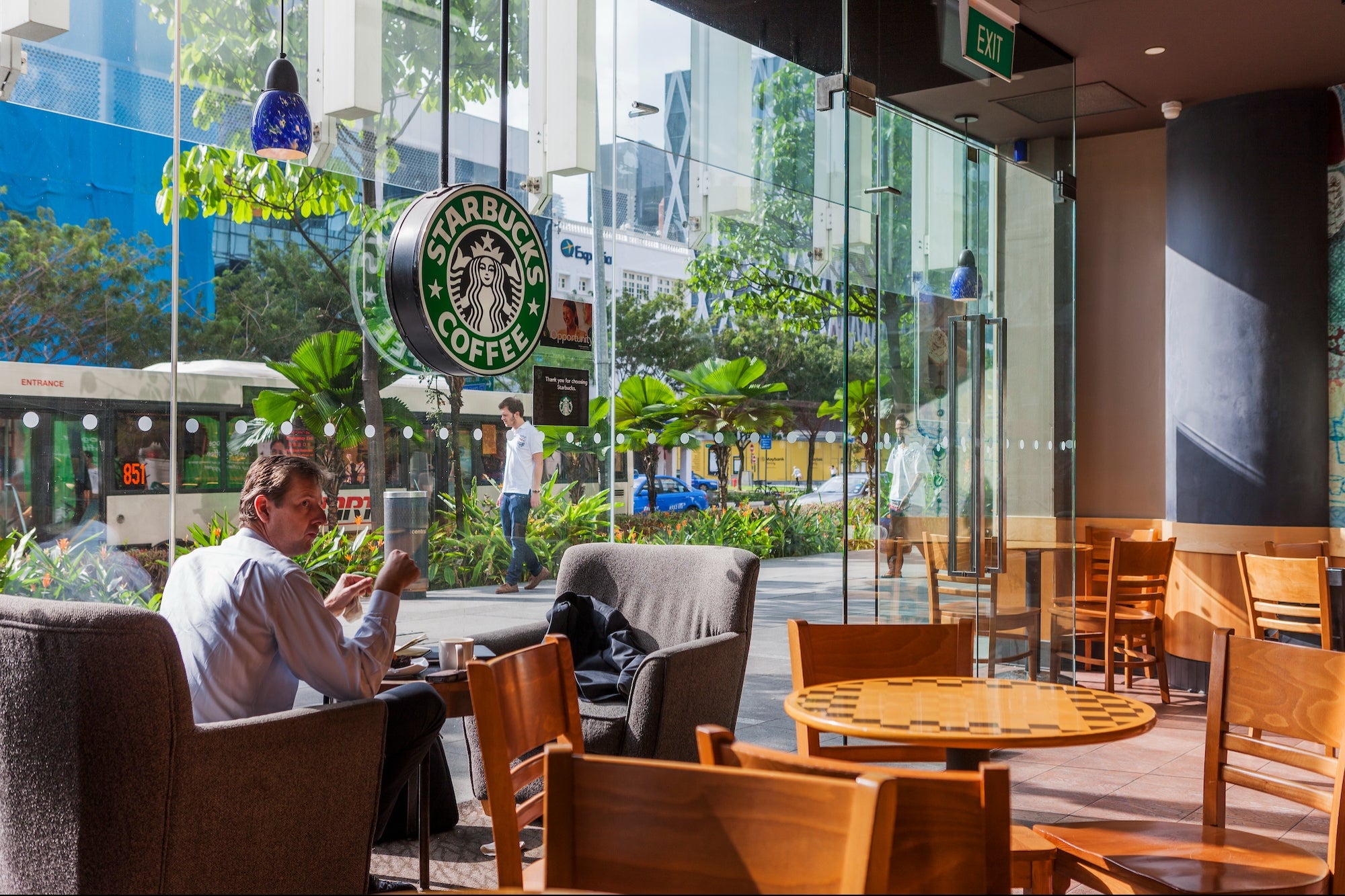India's Family Businesses Drive 40% of Private Philanthropy Contributing INR 18,000 Cr to CSR: Report The philanthropic endeavors of India's family businesses are not merely acts of charity but are strategic investments in the nation's future. Their focused and professional approach to giving is setting new benchmarks, ensuring that philanthropy in India is both impactful and sustainable.
You're reading BIZ Experiences India, an international franchise of BIZ Experiences Media.

Family businesses have long been a part of India's economy, and their influence extends deeply into the realm of philanthropy. These enterprises are responsible for approximately 40 per cent of private philanthropic contributions in the country, as per the India Philanthropy Report 2025 by Bain & Company and Dasra. This significant share is attributed to both personal donations from ultra-high-net-worth individuals (UHNIs) and high-net-worth individuals (HNIs), as well as corporate social responsibility (CSR) initiatives undertaken by family-owned and operated businesses.
The report highlights that family-owned businesses contribute between 65 per cent and 70 per cent of the private sector's CSR expenditures annually, amounting to roughly INR 18,000 crore. Remarkably, a mere 2 per cent of these family-run firms are responsible for 50 per cent to 55 per cent of the total CSR contributions from this sector, underscoring the pivotal role played by a select few in shaping India's philanthropic landscape. These businesses have been champions of social responsibility long before the 2014 legal mandate requiring CSR spending, reflecting a deeply ingrained culture of giving.
Beyond their financial contributions, these families are redefining philanthropy by focusing on underfunded and niche causes. The report reveals that 40 per cent of philanthropic families support initiatives related to gender, equity, diversity, and inclusion (GEDI), 29 per cent are committed to climate action, and 39 per cent aspire to bolster ecosystem strengthening in the foreseeable future. This strategic allocation of resources indicates a shift towards addressing pressing societal challenges that have historically been overlooked.

A notable trend is the increasing professionalization of philanthropic efforts among these families. Approximately 65 per cent have dedicated staff to manage their charitable portfolios, ensuring that their contributions are both impactful and sustainable. Furthermore, 41 per cent of these families prefer grant-making as their primary mode of philanthropy, while 23 per cent combine grant-making with direct program implementation. This approach reflects a desire for a hands-on role in driving social change, moving beyond mere financial support to active engagement in the causes they champion.
The growth in wealth among Indian business families is also evident in the proliferation of family offices, which have seen a sevenfold increase from 45 in 2018 to 300 in 2024. These entities are poised to spearhead institutionalized, multi-generational, and value-driven philanthropy, ensuring that the legacy of giving is preserved and expanded across generations. Currently, 40 per cent of philanthropy support organizations cater to family-led initiatives, highlighting the need for more structured services and strategic support systems. The report suggests that with enhanced infrastructure, an additional INR 50,000 to 55,000 crore ($6 to 7 billion) could be unlocked in family philanthropy over the next five years.
The expanding Indian diaspora, which has grown from 18 million in 2019 to 35 million in 2024, presents another avenue for bolstering social sector funding. However, contributions from this group may be limited by a lack of awareness and the nascent infrastructure of the sector. Philanthropy support organizations have a crucial role to play in bridging these gaps, facilitating sustained and effective giving from Indians worldwide.
India is emerging as a global leader in developing scalable, cost-effective solutions to social challenges. Family philanthropists, with their patient capital and long-term vision, are uniquely positioned to drive global impact by supporting frugal innovation by India's dynamic nonprofits. This commitment not only addresses domestic issues but also positions India as a formidable force in global social innovation, advancing the nation's vision for a Viksit Bharat by 2047.












